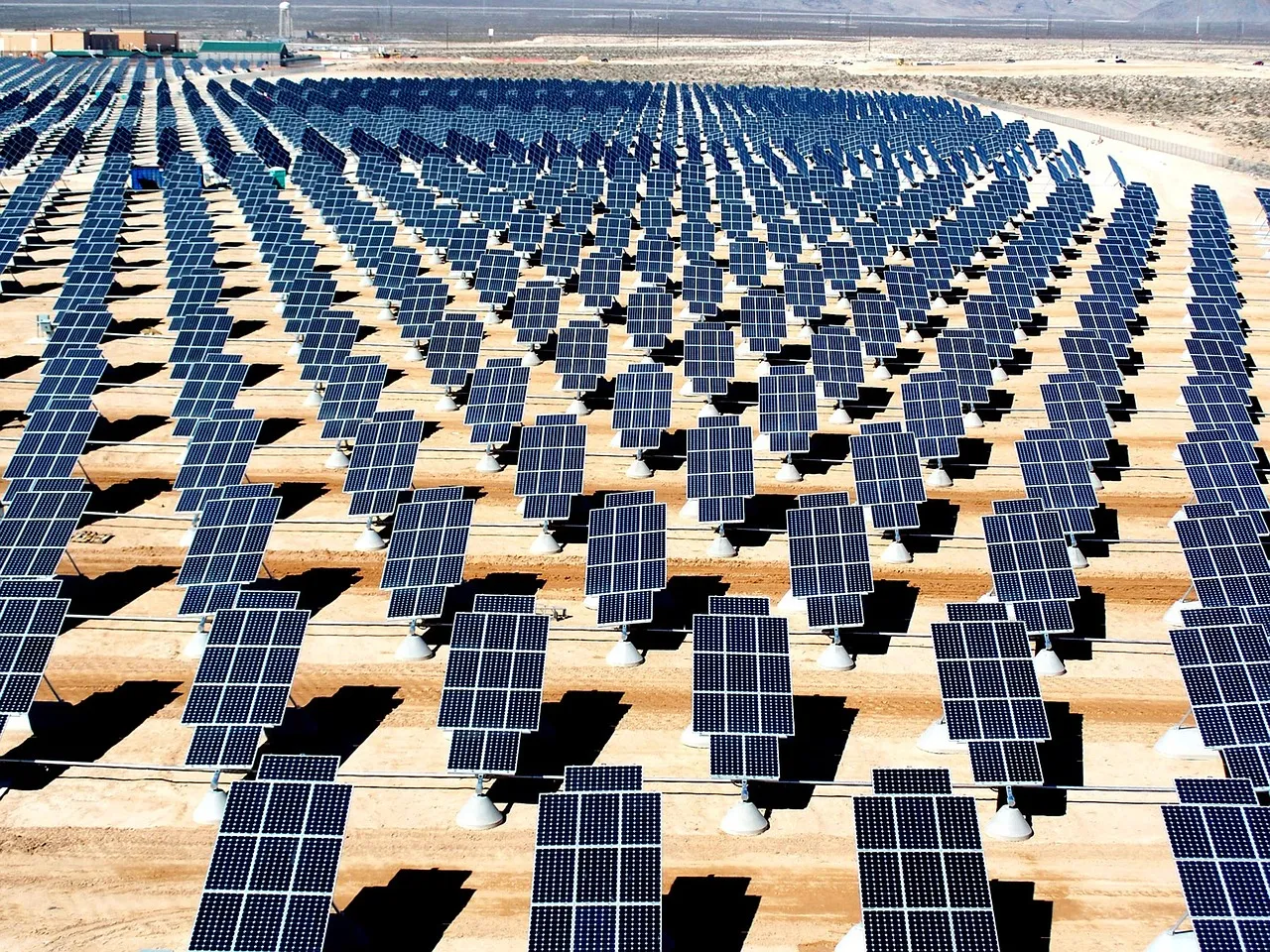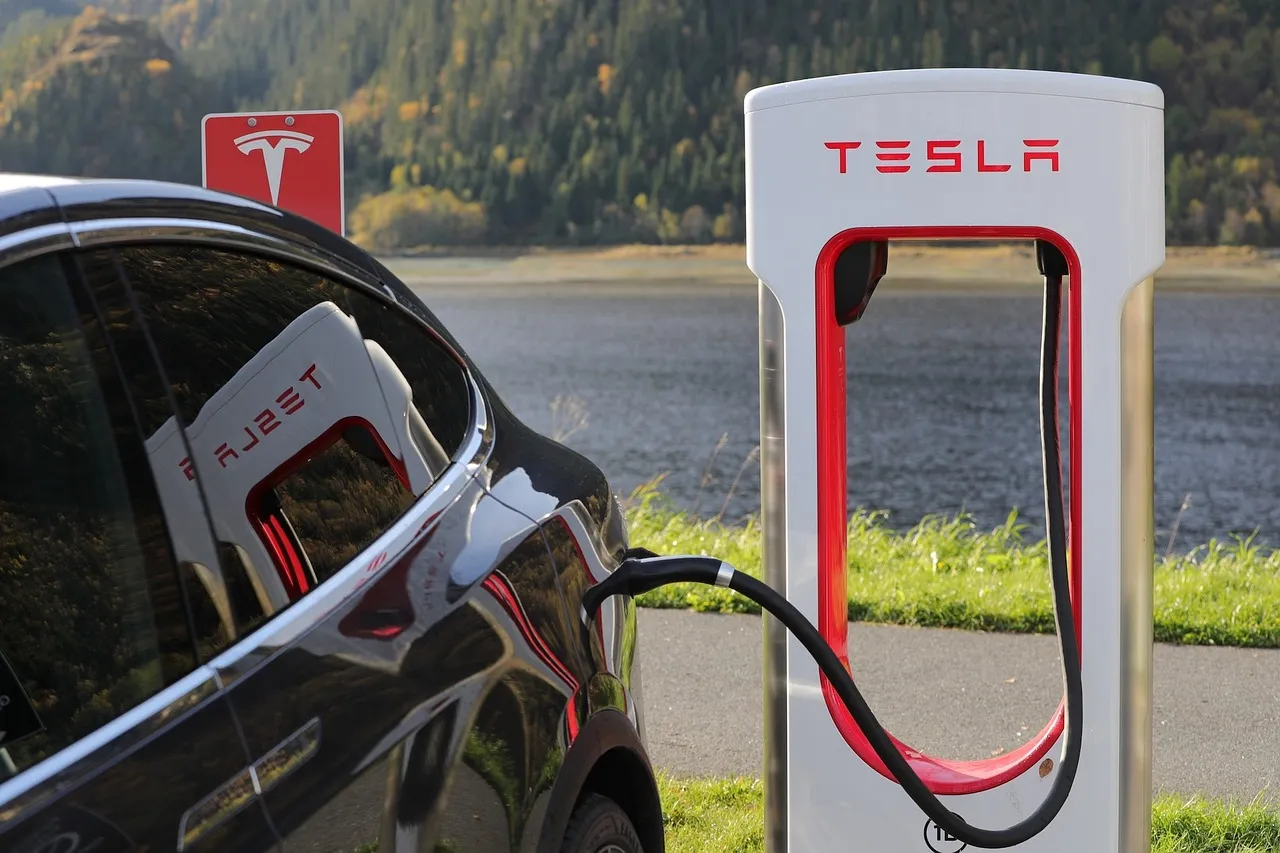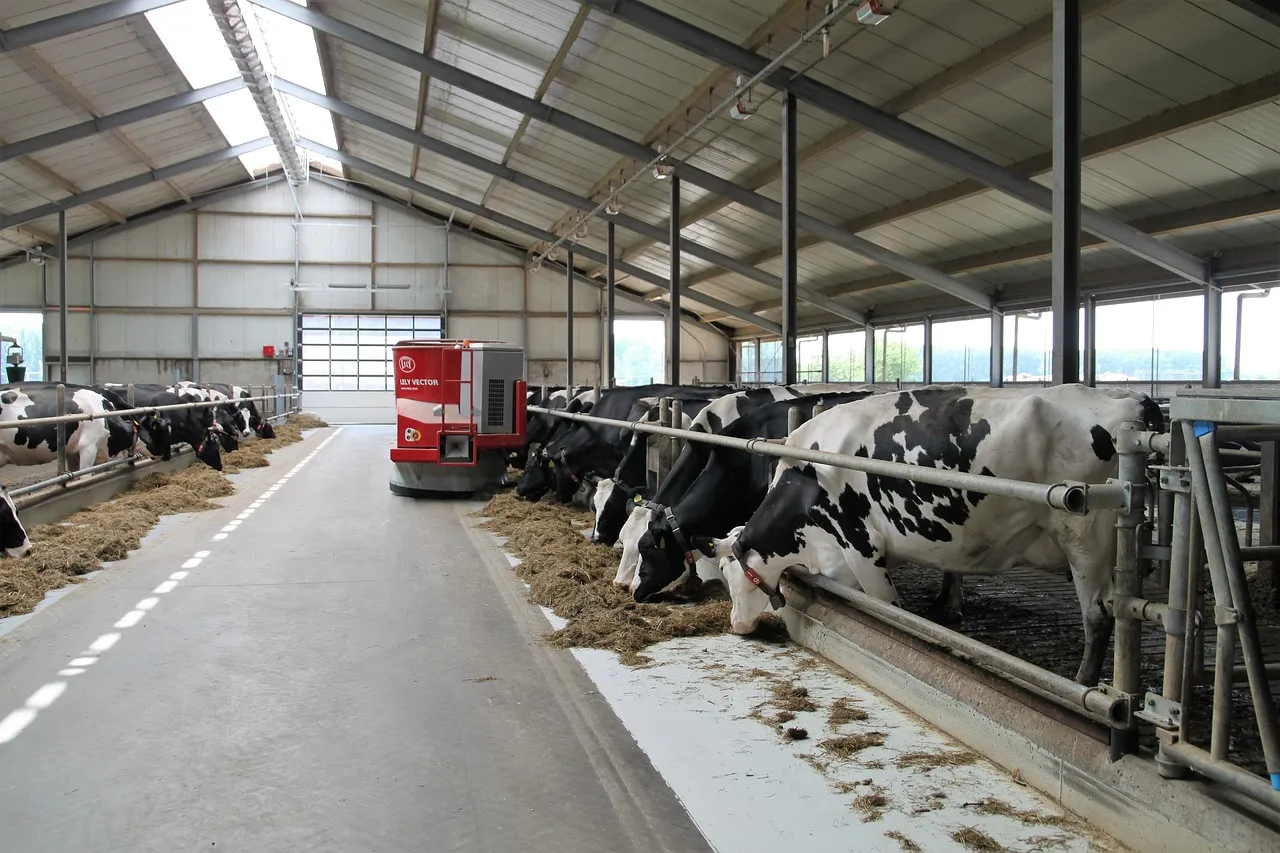It is clear even to the blind that our weather has changed seriously and that planet earth with its inhabitants are grappling with the impacts of extreme weather conditions caused by global warming. If left unchecked humans will soon ruin the earth to the point that it will become uninhabitable. To prevent this from happening there needs to be industry specific strategies and deliberate efforts by world governments as well as individuals to control this and adopt a more sustainable way of doing things. Let's now delve into some of the things that can be done to correct it.
ACCELERATE THE SHIFT FROM HYDROCARBON ENERGY SOURCES TO RENEWABLES:
The global manufacturing industries run on fossil fuels and this has been identified as one of the causes of climate change. There have been efforts to reduce carbon emissions by industries, but these efforts are not enough. More funds need to be channeled into researching and developing alternative energy sources like wind and solar power.
Industries who adopt the use of sustainable energy processes in their activities should be rewarded with tax cuts and other incentives so as to encourage others to do the same.
THE USE OF ELECTRIC TRANSPORTATION MODELS:
The transport fleets of a lot of companies run on fossil fuels and this contributes to greenhouse gas emissions that is affecting the planet. If car hailing providers, individuals, shipping and logistics companies as well as the aviation industry should start investing in the use of electric vehicles(E.V's), intermodal transportation systems or the use of electric rail systems as this can go a long way in reducing the emission of greenhouse gases.
It is not enough to adopt the use of electric vehicles (E.V's), government and big corporations should also aggressively invest in the development of infrastructures for charging this vehicles.
SMART/SUSTAINABLE AGRICULTURAL PRACTICES:
The agricultural industries also contribute to the destruction of ecological systems due to the use of herbicides pesticides and other chemicals. If agricultural industries adopt the use of precision agriculture and smart devices like drones and others this will help reduce the excessive use of water and chemicals in their operations. Cattle ranches we need to adopt the use of methane inhibitors like bromchloromethane , 2-bromethane sulfonate, chloroform and cyclodextrin.
The farms should also have good manure management practices to reduce the level of methane emissions by cattles.
THE USE OF CARBON STORAGE SYSTEMS:
We heavily depend on big industries for their products and services but the bad side is that the beginning industries are the big emitters of greenhouse gases. This industries should invest in carbon capture technologies where greenhouse gases like carbon dioxide can be captured at source and then stored underground to reduce their availability in the atmosphere. Practices like soil carbon sequestration can also help Carbon sequestration is a proven method of underground carbon dioxide (CO₂) storage whereby CO₂ is injected deep underground into deep rock formations to be stored for a long time . When CO₂ is stored into these reservoirs, it can prevent the release of CO₂ into the atmosphere—protecting the climate, the planet and future generations.
A COLLECTIVE CHANGE IN ATTITUDE:
It is not enough to point fingers at the big industries as being the culprits behind global warming, individuals also contribute to the problem in the choices they make and in their manner of consumption.To heat our homes during winter,we will need to seek green sources of heat, reduce our use of plastics and ensure that we dispose non biodegradable wastes properly.We will also need to reduce our consumption of energy by changing high energy appliances to low energy ones as well as manage the way we consume water to reduce waste
TECHNOLOGY TRANSFER AND HUMAN DEVELOPMENT:
Since climate change affects countries far away from the countries that are big polluters technologically advanced countries should work at hastening the transfer of sustainable technologies to poor and underdeveloped countries who suffered the most from the effects of climate change. A lot of the developing countries cannot afford the technologies for sustainable practices, as such developed countries should boost their monetary contributions to help the poor countries combat climate change as well as offer training programs to equip them with the skills needed to use those technologies effectively.
REFORESTATION INITIATIVES'
The expansion of cities,the clearing of forests and the exploitation of forest resources has led to massive deforestation and the destruction of natural ecosystems. To correct this, big and small industries can invest and fully support reforestation projects, plant trees as part of agricultural landscapes and engage in carbon credit programs so as to revive damaged ecosystems. Governments should set strict policies to protect the environment and ensure their compliance.
CONCLUSION:
Combating climate change has become a global necessity and it is an urgent need that requires the input of governments,big and small corporations, rural community dwellers and even city dwellers. It will require a change in our attitudes and practices as well as financing to control and manage the damage already done.



